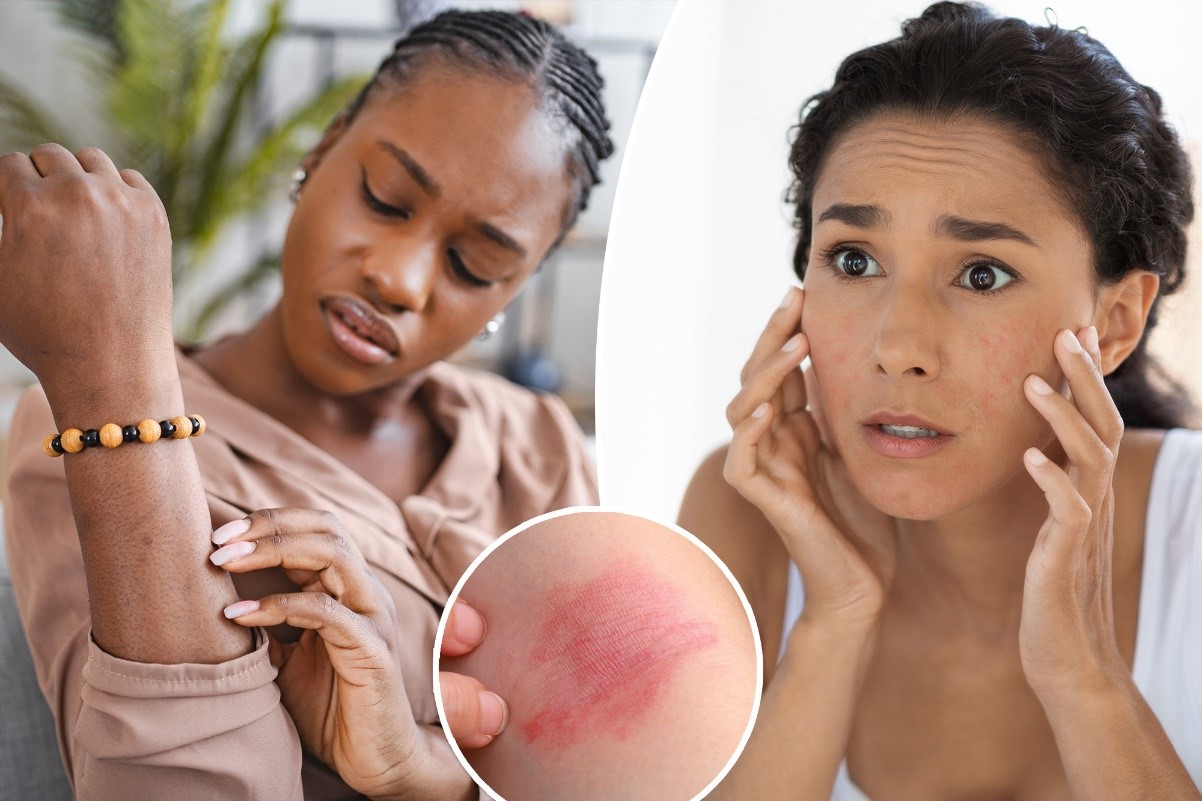High-sodium diets have historically been linked to a raised threat of hypertension, stroke, and other cardiovascular problems, but a new study reveals that salty diet might also produce more regular eczema outbursts.
The analysis, out of the University of California, San Francisco (UCSF), and the University of California, Berkeley, found a powerful correlation between high-sodium diets and growing atopic dermatitis, understood generally as eczema. Just one extra daily gram of sodium (1000 milligrams)—about half a teaspoon of salt or the amount in one Big Mac—was related to an 11% more increased risk of acquiring extreme eczema.
Investigators expect that this new study will also influence individuals to follow sodium policies more carefully. “Although it hasn’t yet been verified that lowering dietary salt can enhance eczema, most Americans eat too much salt and can safely reduce salt information to advised groups,” Abuabara added.
So what exactly do you need to know about the connection between sodium intake and eczema risk? Keep reading to find out.
Sodium Information and Eczema Risk, Presented
According to Abuabara, “eczema is a chronic, systemic incendiary condition marked by itchy hives that manage to come and go.” Once believed to mostly affect kids, data indicate it’s now expected in adults—around 10% of the U.S. people have eczema.
For the study, investigators analyzed urine specimens taken over 24 hours from almost 216,000 adults between the ages of 37 and 73 from the UK Biobank, a large-scale biomedical database and analysis help.
The middle player’s “urine sodium excretion” was about 3 grams per day; but with every 1-gram addition of sodium excretion, an individual’s odds of functional or severe eczema improved.
Dining for Eczema Management
Though the study shows a correlation between sodium information and eczema, “it doesn’t necessarily mean that sodium management is a way to manage eczema symptoms,” said Abuabara, who counted that the next phase of the study will be to decide if there’s a more important cause-and-effect connection between sodium and eczema outbursts.

But there are still tons of evidence-based reasons to watch your salt intake, like stopping or controlling high blood stress, heart disease, kidney disease, and stroke.
“The U.S. Dietary Guidelines suggest supporting salt (or sodium) intake below 2,300 milligrams (mg) per day, and many Americans eat about 50% percent more than this regularly,” Maude Morin, MAN, RD, a registered dietitian at JM Nutrition, a skin health-focused nutrition course.
Easy methods to start negotiating your sodium information include concentrating on whole foods like fresh fruits, veggies, whole seeds, nuts, seeds, legumes, lean flesh, and seafood while conducting precise of overly processed foodstuffs and traditional high-sodium offenders like salty snacks, spices, and deli roots.
“Although nutrition cannot treat eczema,” Morin said, “providing that we deliver the body with nutrients to keep skin healthy and decrease hives (like protein, omega-3 fatty acids, and vitamins A and C) while controlling body weight could help with the control of this chronic disease.”
So while the results of this latest study are groundbreaking in their own right, sit tight as an exciting study illuminating the links between diet and eczema is just beginning.

confer with a healthcare specialist before operating salt tablets, particularly if you have detailed health